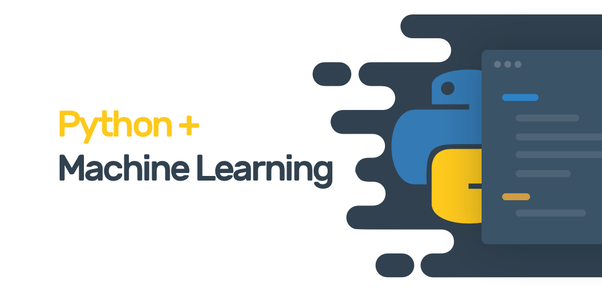Description
Introduction
Good coding principles are essential guidelines that help developers write clear, maintainable, and efficient code. These principles foster best practices in software development, enabling teams to collaborate effectively and deliver high-quality software solutions. By adhering to these principles, developers can reduce bugs, improve code readability, and make future enhancements easier. Common principles include DRY (Don’t Repeat Yourself), KISS (Keep It Simple, Stupid), and SOLID, each aimed at promoting clean, efficient, and understandable code.
Prerequisites for Good Coding Principles
- Basic Programming Knowledge: Familiarity with at least one programming language (e.g., Java, Python, JavaScript).
- Understanding of Software Development Concepts: Knowledge of fundamental concepts such as variables, functions, and data structures.
- Exposure to Version Control Systems: Familiarity with version control tools like Git to manage code changes effectively.
- Desire to Improve Code Quality: An eagerness to learn and apply best practices in coding to enhance personal and team projects.
TABLE OF CONTENT
1.Introduction
1.1 Overview of Coding Principles
1.2 Importance of Good Coding Practices
1.3 Scope and Purpose of the Guide
2.Readability and Maintainability
2.1 Consistent Naming Conventions
2.2 Code Formatting and Indentation
2.3 Commenting and Documentation
2.4 Writing Self-Explanatory Code
3.Code Organization
3.1 Modularization and Decomposition
3.2 Proper File and Directory Structure
3.3 Managing Dependencies
3.4 Separation of Concerns
4.Code Efficiency
4.1 Algorithm Optimization
4.2 Memory Management
4.3 Time Complexity Analysis
4.4 Use of Efficient Data Structures
5.Error Handling and Debugging
5.1 Proper Error Messages
5.2 Logging Strategies
5.3 Unit Testing and Test-Driven Development
5.4 Debugging Techniques
6.Version Control
6.1 Introduction to Version Control
6.2 Best Practices with Git or Other Version Control Systems
6.3 Branching and Merging Strategies
7.Security Considerations
7.1 Input Validation and Sanitization
7.2 Authentication and Authorization
7.3 Handling Sensitive Data
7.4 Secure Coding Practices
8.Collaboration and Communication
8.1 Effective Communication in Code
8.2 Code Reviews and Pull Requests
8.3 Pair Programming(Ref: HashiCorp Certified Terraform Associate for DevOps)
8.4 Handling Code Conflicts
9.Continuous Integration and Deployment
9.1 Introduction to CI/CD
9.2 Automated Testing
9.3 Deployment Strategies
9.4 Monitoring and Rollback Procedures
10.Documentation
10.1 Importance of Documentation
10.2 Documenting Code and APIs
10.3 README Files and Project Documentation
Conclusion
Adhering to good coding principles is crucial for producing high-quality software. These principles not only improve individual code but also enhance team collaboration and maintainability. By integrating principles like DRY, KISS, and SOLID into daily coding practices, developers can ensure their code remains efficient, readable, and adaptable to changes. Embracing these principles is an ongoing journey that leads to continuous improvement in coding skills and software quality.
If you are looking for customized info, Please contact us here






